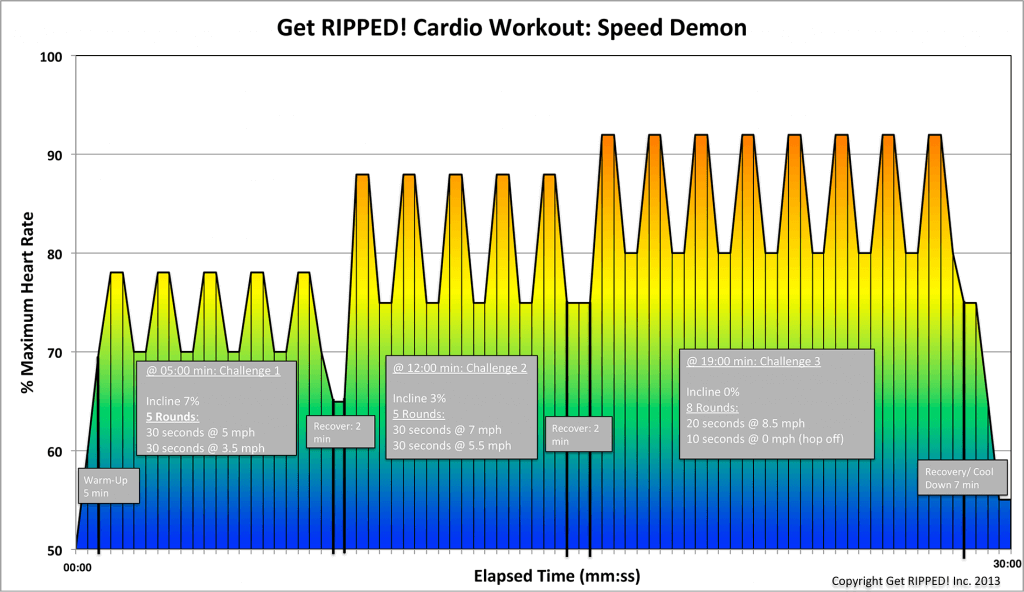Blog
Reasons Why You May Feel Shaky After A Workout
 It can be a little scary to feel shaky after a workout but there’s no real reason for concern for many people. Most of the time, it’s extremely normal. It can occur for a number of reasons, most of which shouldn’t upset you and are no reason to sound the alarm. That doesn’t mean that occasionally it isn’t more serious, which is why you should always consult a health care professional if it’s combined with other symptoms.
It can be a little scary to feel shaky after a workout but there’s no real reason for concern for many people. Most of the time, it’s extremely normal. It can occur for a number of reasons, most of which shouldn’t upset you and are no reason to sound the alarm. That doesn’t mean that occasionally it isn’t more serious, which is why you should always consult a health care professional if it’s combined with other symptoms.
The problem may come from holding your muscles in one position too long, causing muscle fatigue.
It’s not a problem in many cases when you have the shakes. In fact, it protects the body. It’s similar to a motor with extra units that are activated when doing powerful movements or those requiring additional force. That’s activated when facing muscle fatigue. It’s the slowing of the firing units, which include muscle fiber plus a motor neuron. The longer you workout, the slower the firing, which results in shaking and muscle fatigue. It’s the body letting you know you’ve worked to maximum potential.
Did you deplete your system of glucose?
If you worked out to maximum capacity, you might face some muscle twitching and shaking because you have no energy left to use. If your body is depleted of glucose, it can cause hypoglycemia—low blood sugar. That can cause other problems, which include confusion, weakness, headache, rapid heartbeat, emotional changes and even headaches. If you suffer from low blood sugar, you may have episodes of anger without knowing why you’re angry.
It’s not just what you eat or not eat that makes a difference or how hard you workout.
If you’ve workout hard and sweat a lot, you may be experiencing dehydration. Dehydration can cause an imbalance in your electrolytes, which are necessary for proper functioning of muscles and nerves. If you’ve sweat profusely, especially if you worked out hard for over an hour. Dehydration can cause headache, dizziness, dark urine and fatigue.
- You might be drinking coffee before working out, but find the excess caffeine is calling rapid heartbeat, dizziness, nausea and high blood pressure.
- If you have a problem with shakiness when you’re not working out, seek the aid of a medical professional to make sure that it’s nothing more serious.
- If you’re doing strength training too frequently and not giving your muscles 24 to 48 hours of rest. If you don’t give your muscles a day or two to repair, you might find you’re shaking when you workout.
- Eat a snack a half hour before you workout and a snack a half hour afterward to keep your blood sugar levels up and avoid shakiness. Make sure that the snack contains protein and a carbohydrate.
For more information, contact us today at Jari Love


